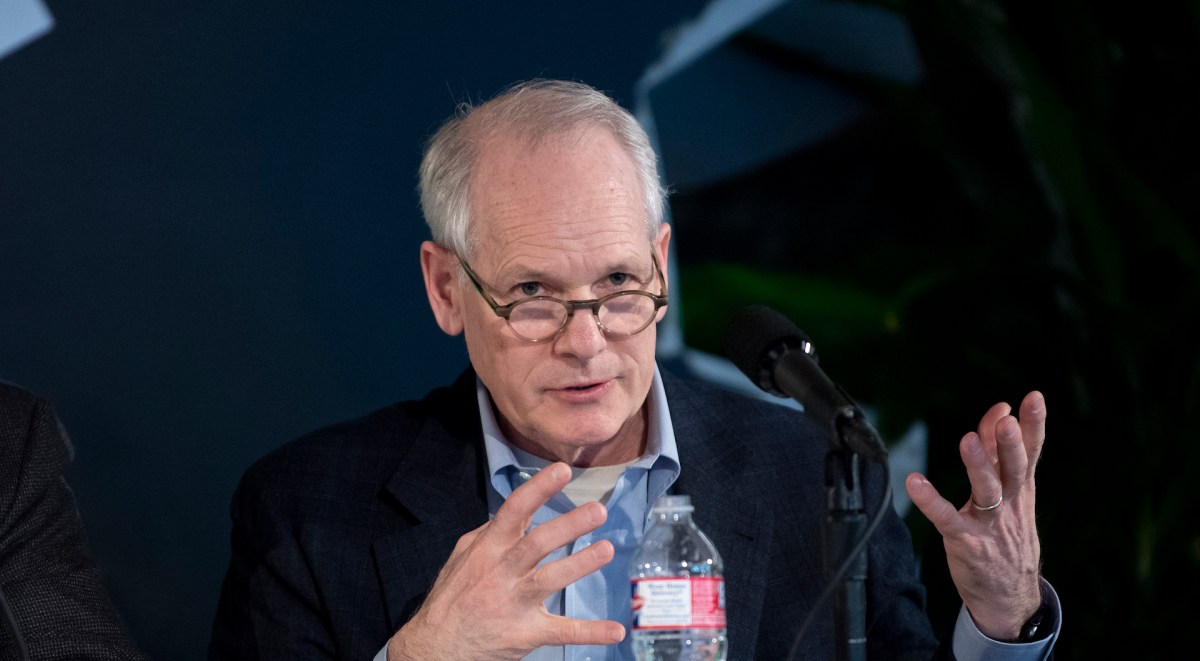VA needs bigger budget to draw better cyber talent, CIO says

The Department of Veterans Affairs’ top IT official told House lawmakers on Wednesday that a larger budget and the ability to pay certain government workers more would improve the agency’s cybersecurity posture.
Kurt DelBene, the VA’s assistant secretary for information and technology and chief information officer, called during a House Veterans Affairs (HVAC) subcommittee hearing for the entire federal government to “take steps to increase the salaries” of tech workers who are classified as GS-2210 under the Office of Personnel Management. The CIO said existing salaries are “too low to be competitive,” even with incentives and benefits, and that the VA continues to face challenges in recruiting and retaining professionals with cyber expertise.
Legislators on both sides of the aisle voiced concerns about a meager 1% budget allocation designated to the VA cybersecurity operations. DelBene, who agreed that the department’s current budget is not “adequate,” said the VA currently has 360 Information Security Officers (ISO) to evaluate all of the VA’s systems. He said the ideal number of ISOs, from the staffing model, would be over 600, but “we don’t have the funding.”
After the hearing, Rep. Tim Kennedy, D-N.Y., told FedScoop that Congress needs to fund VA cybersecurity at a level where there are ample professionals “fighting back” against cybercriminals and the agency has the technology in place to prevent breaches.
“We need to make sure that our government is functioning efficiently and we are providing the resources for them to hire the experts in cybersecurity to protect our veteran’s privacy and the taxpayers who stand to be hurt by these cyberattacks,” Kennedy said. “Anything less is inappropriate.”
Rep. Matt Rosendale, R-Mont., however, pointed during the hearing to the 62% increase in spending since 2023, and defended the committee’s track record of honoring budget requisitions.
“This body hasn’t come in and said, ‘reduce it,’” said Rosendale, who chairs the VA technology modernization subcommittee. “So when I hear you talking about budget and you just need more, the people in this city are tired of hearing ‘just throw more money at it,’ and the people in this country are tired of hearing ‘just throw more money at it.’”
In response to the lack of funding, DelBene said the agency has to be “super, super prioritized in terms of where we actually do spend,” echoing his messaging to the same subcommittee in May.






